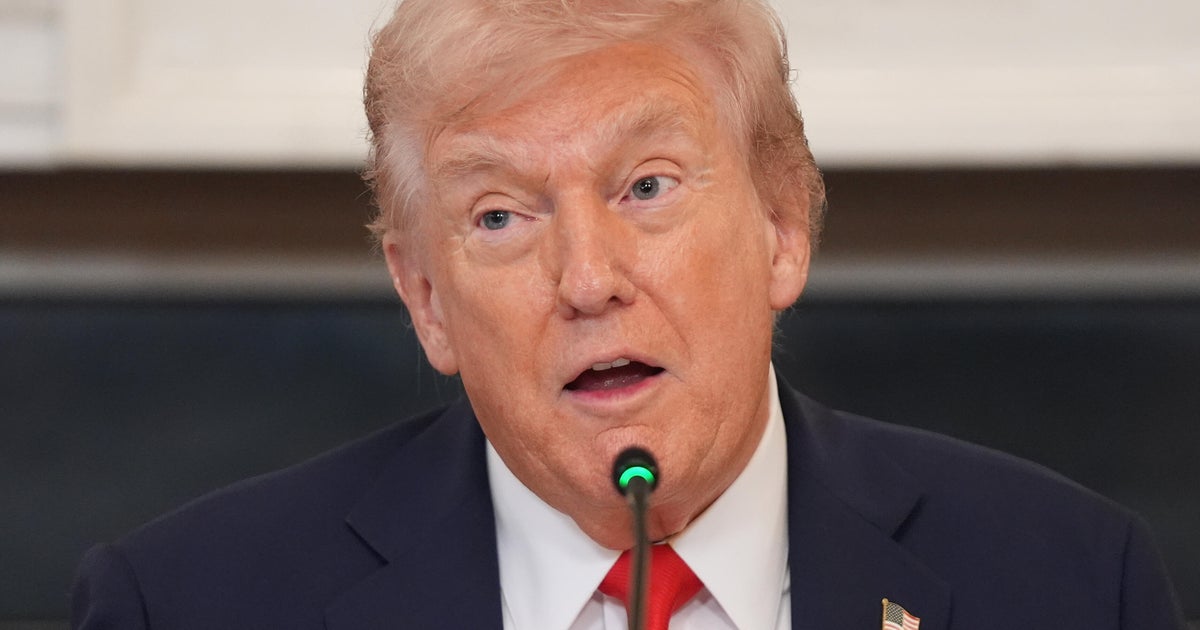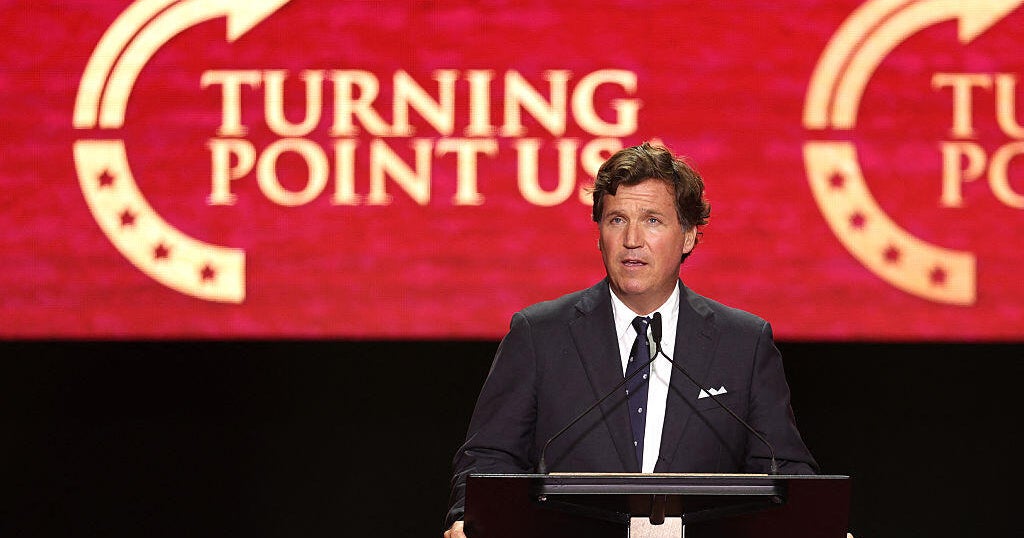
Washington — In a move that reeks of political theater, President Trump has announced he “may go” to the Middle East this weekend, specifically to Egypt, as negotiations for a fragile peace agreement between Hamas and Israel are underway. The urgency of this prospective trip is questionable, especially when juxtaposed against the backdrop of a federal government shutdown and the myriad of pressing issues at home.
Trump’s cavalier remarks — “I may go there sometime toward the end of the week” — reflect a disturbing trend where the lives of countless individuals are reduced to mere talking points for political gain. His top negotiators, including special envoy Steve Witkoff and son-in-law Jared Kushner, are currently engaged in indirect peace talks in Egypt, participating in discussions that could have life-altering consequences for the people of Gaza and Israel alike.
The centerpiece of these negotiations is a 20-point peace proposal introduced at a recent White House press conference alongside Israeli Prime Minister Benjamin Netanyahu. This proposal, while ambitious, appears to be an extension of Trump’s ongoing pattern of prioritizing optics over substance. A peace plan that involves hostages’ release and a commitment from Hamas to cease hostilities is crucial, but the delivery of such a plan must be scrutinized beyond the theatrics of a presidential visit.
Trump’s insistence on urgency — “move fast” — underscores a deep misunderstanding of the complexities at play. Peace cannot be dictated by the ticking clock of political ambition. The callousness with which negotiations are approached is painfully evident, especially as they unfold on the anniversary of Hamas’s brutal attack on Israel, an event that left over a thousand people dead and families shattered.
Moreover, the president’s potential visit to Gaza, which he suggested, raises serious ethical questions. The conditions on the ground are dire, and any visit must be rooted in a genuine commitment to addressing human rights issues rather than serving as a backdrop for political posturing. The plight of Gaza’s residents must not be relegated to a photo-op; it demands sustained attention and compassionate policy action that this administration has so far failed to deliver.
In the midst of this geopolitical maneuvering, the situation at home grows increasingly dire. A government shutdown looms, yet Trump appears to be placing greater emphasis on foreign diplomacy than on resolving critical domestic issues. This blatant disregard for accountability raises further questions about the priorities of this administration. How can the president justify embarking on an overseas trip when key facets of the government remain paralyzed? Is this not a dereliction of duty?
The involvement of Egypt and Qatar as intermediaries could be seen as a step toward regional cooperation, but it is imperative that these negotiations do not become a façade for deeper systemic issues — particularly the long-standing inequities faced by Palestinians. The desperation for a resolution must not blind negotiators to the realities on the ground. Peace must be built on justice, equality, and the fundamental recognition of human rights for all involved.
As citizens, we must demand accountability and clarity from our leaders. We need to challenge the narrative that simplifies complex issues into bite-sized political soundbites. The stakes are too high, and the lives affected too significant, to allow such a vital process to be treated as mere political theater.
In summary, while a potential trip to the Middle East may be intended as a show of strength, it ultimately underscores a troubling pattern: prioritizing spectacle over substance. The consequences of these negotiations will reverberate through the lives of countless individuals, and it is time for those in power to acknowledge their responsibility in shaping a just and equitable peace. The world is watching, and it demands more than just words. It demands action rooted in accountability, empathy, and a commitment to human rights.
This article highlights the importance of Middle East Gambit.


